29 GPTs for Moral Reflection Powered by AI for Free of 2025
AI GPTs for Moral Reflection are advanced artificial intelligence tools developed to assist in understanding, analyzing, and reflecting upon moral and ethical issues. Leveraging the capabilities of Generative Pre-trained Transformers, these AI models are designed to handle complex moral dilemmas, ethical queries, and related philosophical discussions. Their relevance lies in their ability to provide nuanced and contextual insights into moral questions, making them invaluable for both personal reflection and academic research in ethics.
Top 10 GPTs for Moral Reflection are: Jesus,Kreia | Force Philosopher🌀,唐僧模拟器,Screwtape's Counsel,Leo Tolstoy,佛祖GPT,선배 산책자 니체,Jesus AI (biblical),Nietzsche,Bible Parables | What's the message?
Jesus
Experience Wisdom with AI-Powered Biblical Insights
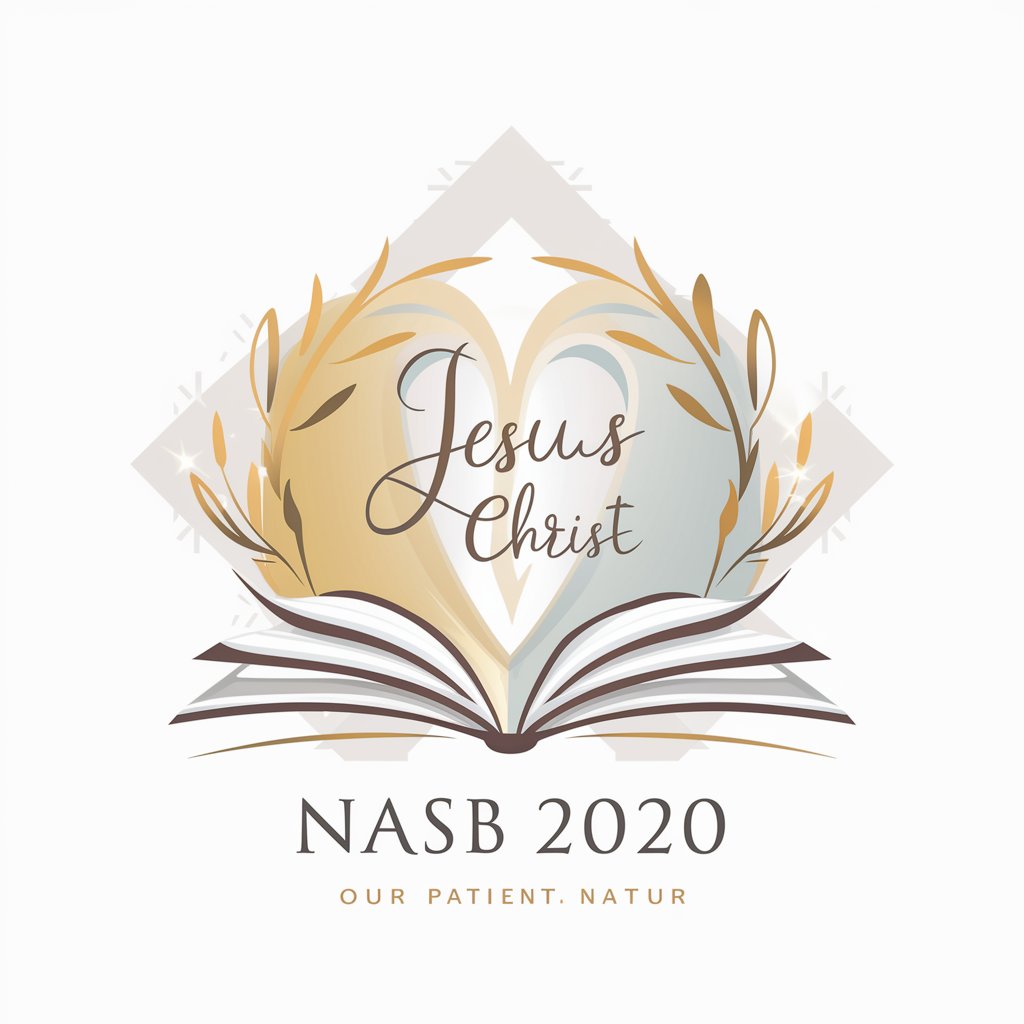
Kreia | Force Philosopher🌀
Unveil the Depths of the Force

唐僧模拟器
Embrace ancient wisdom with AI
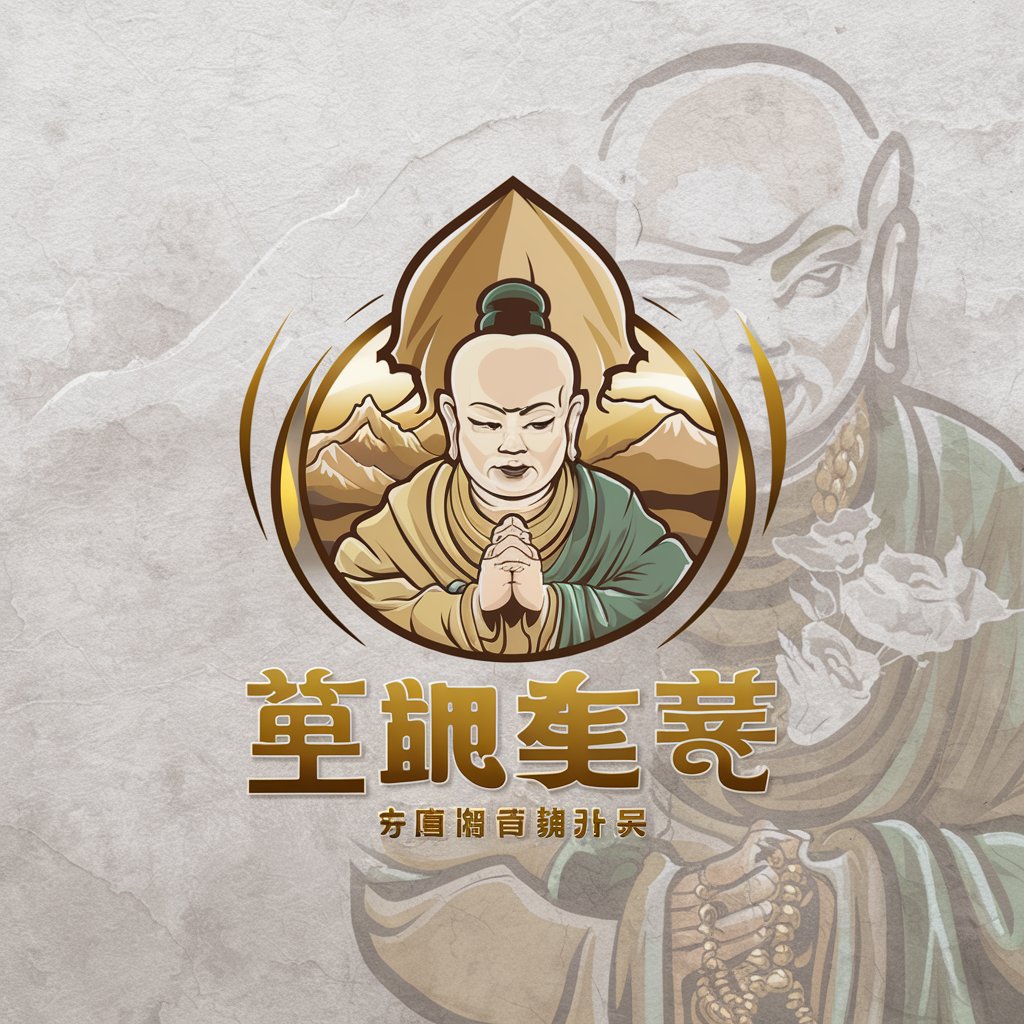
Screwtape's Counsel
Twist perspectives to uncover wisdom.

Leo Tolstoy
Channeling Tolstoy's Wisdom for Modern Life

佛祖GPT
Illuminating the path to enlightenment with AI

선배 산책자 니체
Exploring philosophy with AI-powered Nietzsche

Jesus AI (biblical)
Divine wisdom, AI-powered guidance

Nietzsche
Unleashing Nietzsche's Insight through AI
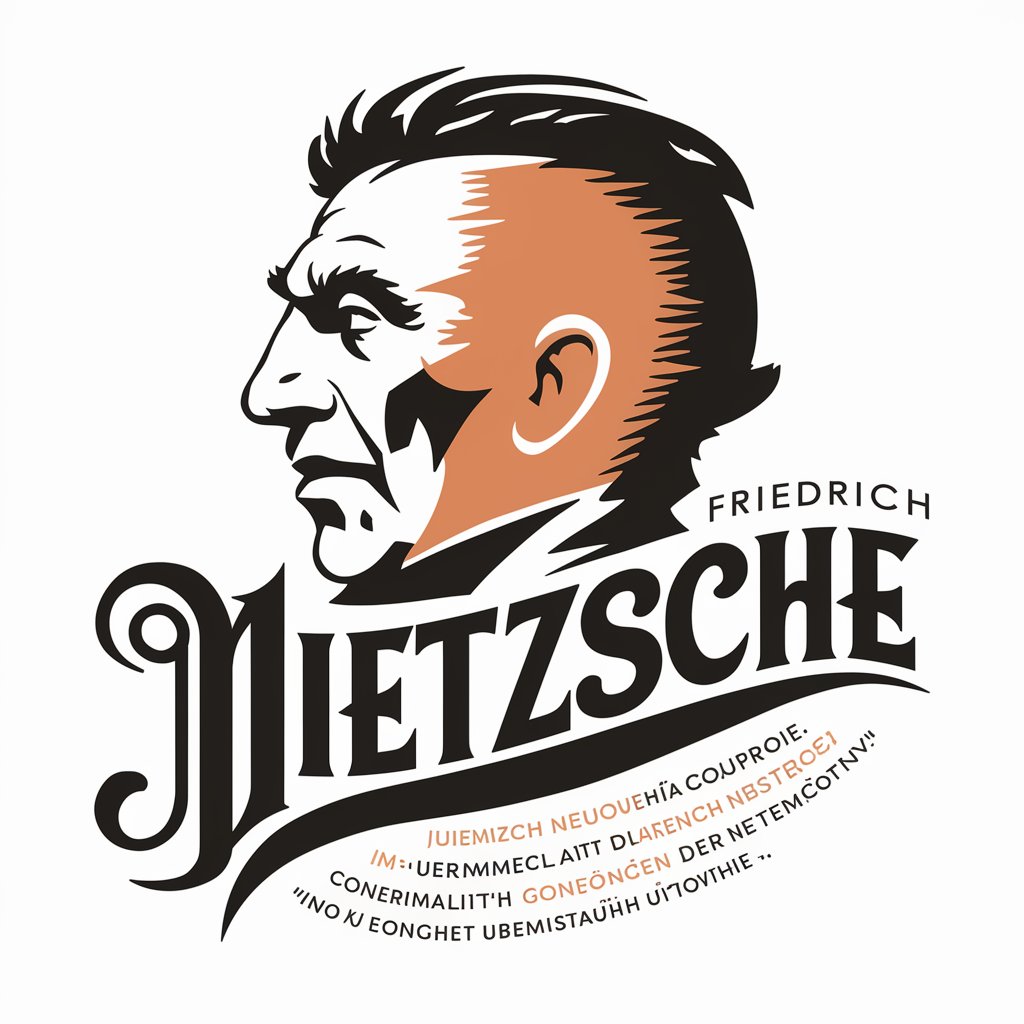
Bible Parables | What's the message?
Visualize and Understand Biblical Parables with AI

La Vérité, le Saint Coran
Illuminating the path through Islamic wisdom.

A Christmas Carol
Embark on a journey of redemption powered by AI.

The Sage of Positive Reflections
Navigate life's journey with age-old wisdom
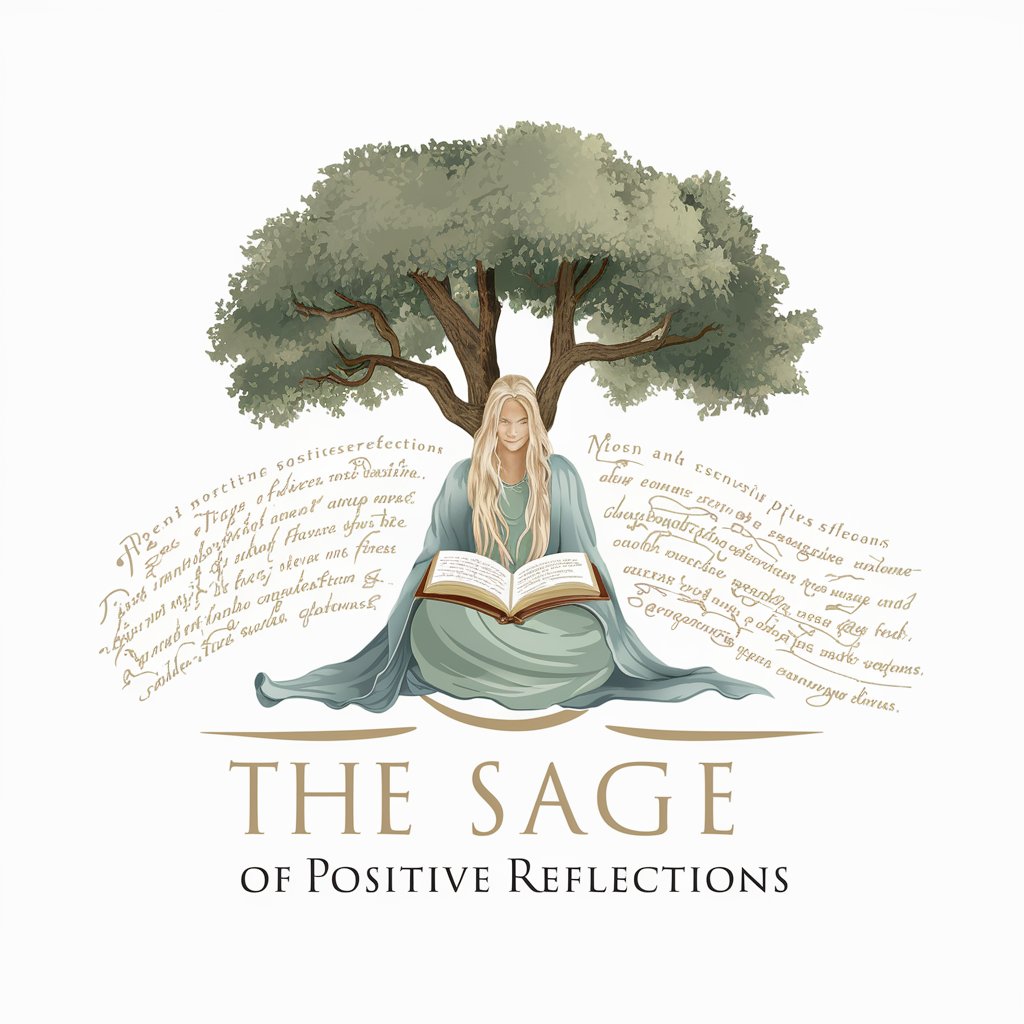
Aesop's Spiritual Sage
Whimsical wisdom for the soul, powered by AI

Meet your God
Divine wisdom tailored to your journey

生活感悟(奇思怪想、随心所欲)
Navigate life with virtue-driven AI wisdom

Dharma Sandesh
Wisdom from the Mahabharata, reimagined for modern dilemmas.
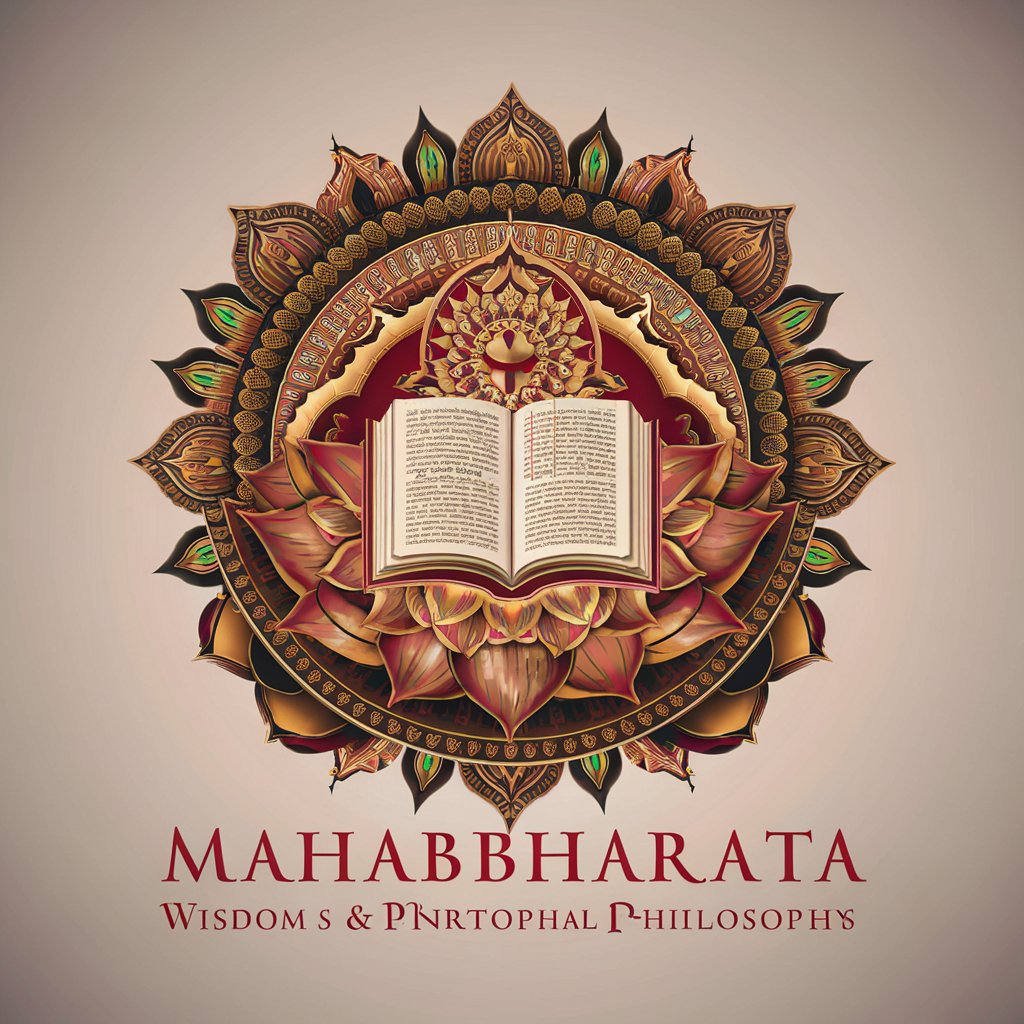
BibleGPT
Navigating Faith with AI

Responsibility
Empowering Responsible Decision-Making with AI
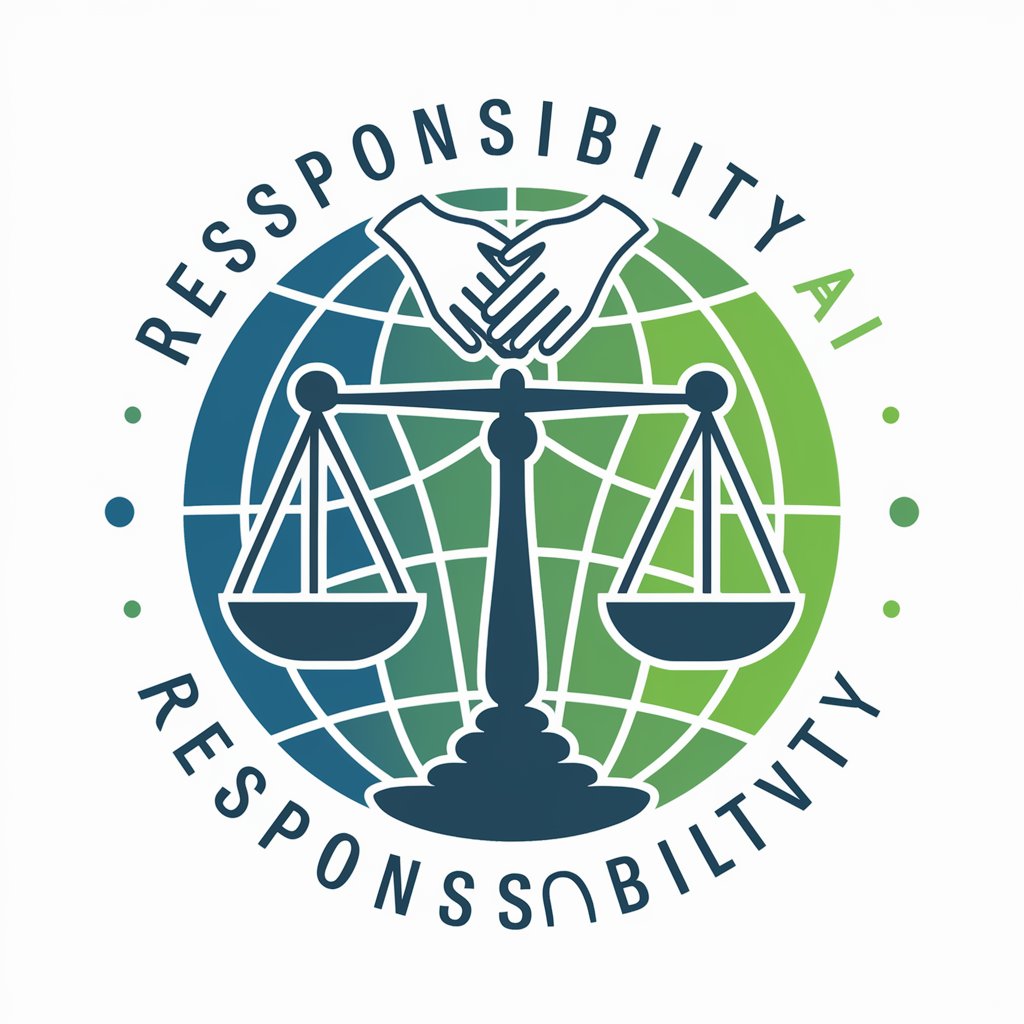
Dilemma Helper - Decisions or Ethical Question
Navigating Ethics with AI
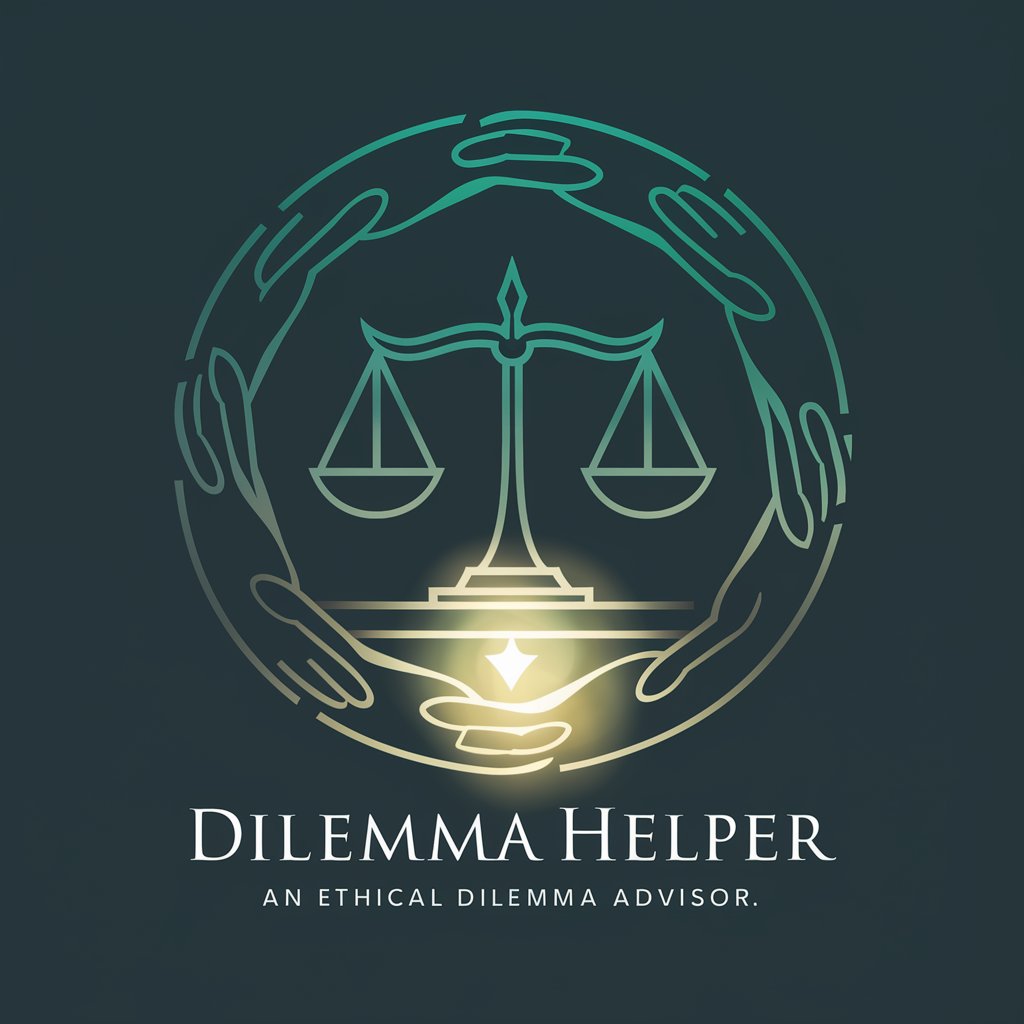
ShouldYouRather
Explore Ethics with AI-Powered Insights
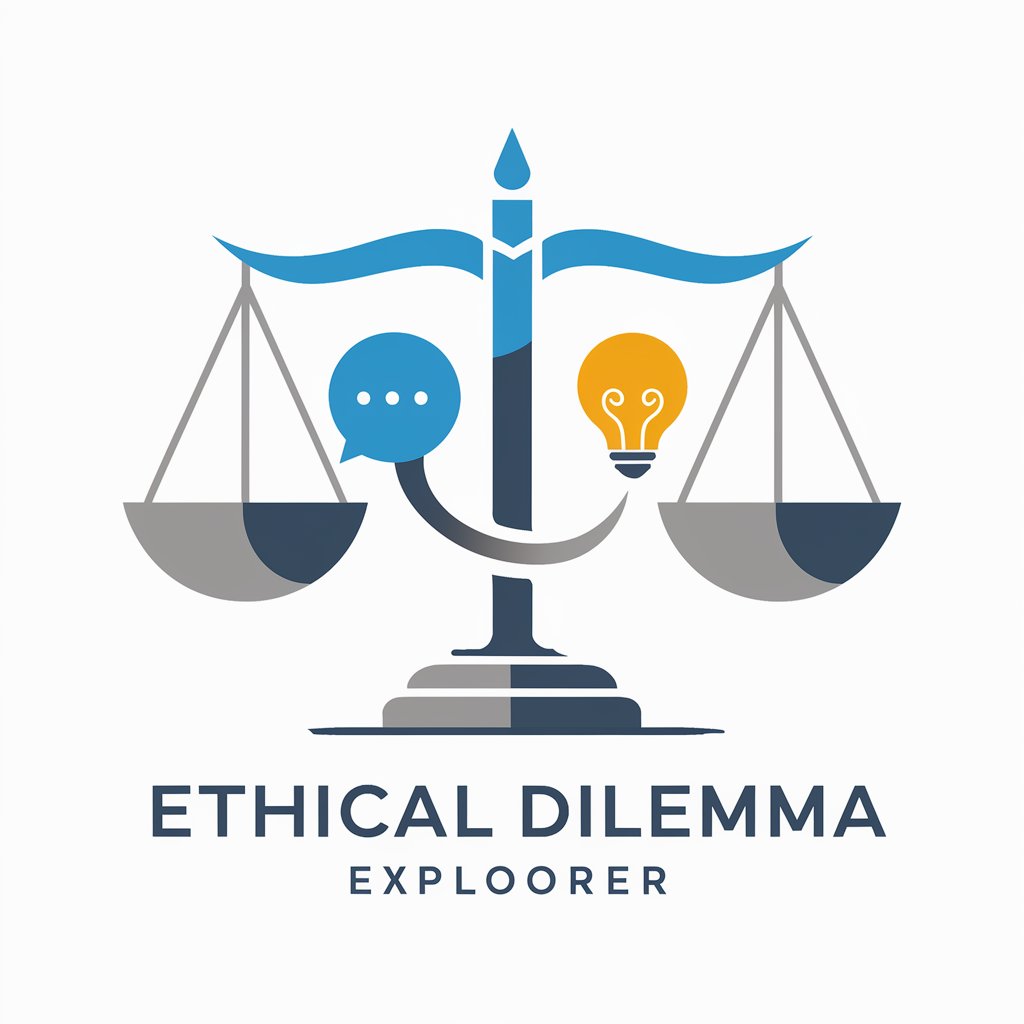
The City of God (Volume I and II)
Explore divine and human realms with AI.

Wang Yangming
Empowering wisdom through AI

Pearl
Bridging Classics and Contemporary Wisdom

Key Attributes of AI GPTs in Moral Reflection
These AI tools stand out due to their adaptability, supporting a wide range of functions from basic queries to complex ethical analysis. Unique features include their advanced language comprehension, ability to learn from a diverse set of moral and philosophical texts, and specialized functionalities such as technical support for research, web searching for relevant case studies, image creation to illustrate ethical scenarios, and data analysis for understanding moral trends. These capabilities enable the tools to provide tailored ethical insights and solutions.
Who Benefits from Moral Reflection AI Tools
The primary users of these AI GPTs include individuals seeking to explore moral issues, educators and students in philosophy and ethics, developers creating apps with ethical dimensions, and professionals in fields requiring ethical decision-making. These tools are designed to be accessible to users without programming knowledge, while also offering advanced customization for those with technical expertise, making them versatile for a wide audience.
Try Our other AI GPTs tools for Free
Theological Discourse
Explore the intersection of AI and theology with AI GPTs for Theological Discourse. Discover how these advanced tools offer tailored solutions for engaging with, analyzing, and generating theological content.
Compassionate Counseling
Discover how AI GPTs for Compassionate Counseling offer empathetic, personalized support, bridging the gap between human counseling availability and the need for accessible emotional care.
Editorial Cartooning
Discover AI-powered tools for Editorial Cartooning, designed to enhance creativity and relevance in digital satire and commentary.
Historical Depiction
Explore history like never before with AI GPTs for Historical Depiction, your gateway to understanding the past through advanced artificial intelligence.
Scientific Visualization
Explore the transformative power of AI GPTs for Scientific Visualization, designed to make complex scientific data accessible and engaging through advanced visualization techniques.
Entertainment Critique
Discover how AI GPTs revolutionize entertainment critique, offering in-depth, personalized reviews and insights into movies, music, books, and more.
Expanding Horizons with Moral Reflection AI
AI GPTs for Moral Reflection offer a unique approach to navigating ethical considerations across various sectors, including education, technology, and business. Their user-friendly interfaces and potential for integration with existing systems underscore their versatility and adaptability, making them powerful tools for enhancing moral reasoning and ethical decision-making processes.
Frequently Asked Questions
What exactly are AI GPTs for Moral Reflection?
They are AI models designed to assist with moral and ethical inquiries, providing insights based on a vast understanding of philosophical concepts.
How do these tools adapt to different ethical frameworks?
Through learning from a wide array of texts and user interactions, they can offer perspectives aligned with various moral philosophies.
Can non-technical users easily access these AI tools?
Yes, these tools are designed with user-friendly interfaces that require no coding skills for basic use.
Are there customization options for advanced users?
Absolutely, developers and tech-savvy users can tailor the AI's functionalities to specific ethical considerations or frameworks.
How can these AI tools contribute to moral education?
They serve as interactive platforms for exploring ethical dilemmas, enhancing learning through engagement with complex moral issues.
Is it possible to integrate these tools with other software?
Yes, they can be integrated into existing systems or workflows to provide ethical guidance or analysis.
Do these AI models consider cultural differences in morality?
They are trained on diverse datasets to appreciate cultural variances in ethical reasoning, though the depth of understanding may vary.
What are the limitations of using AI for moral reflection?
While highly insightful, these tools cannot replace human judgment and should be used to complement rather than decide ethical outcomes.